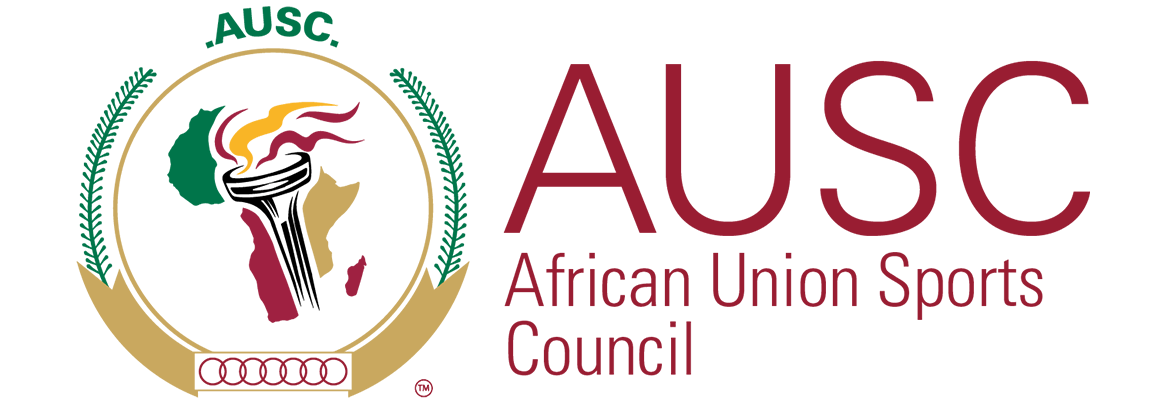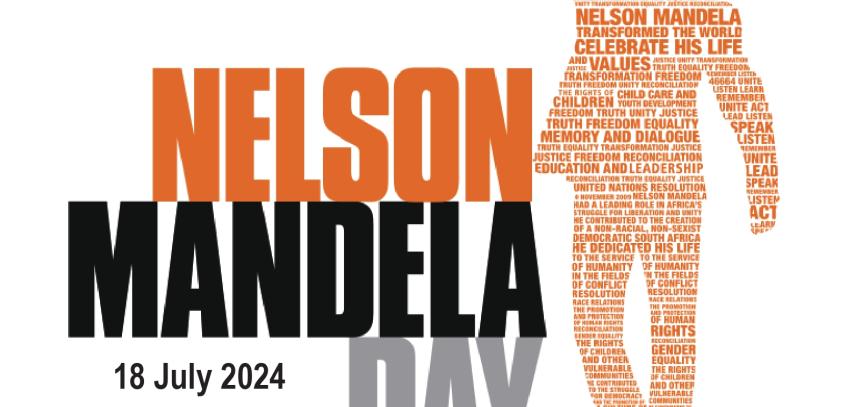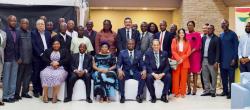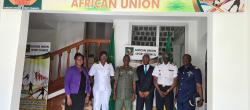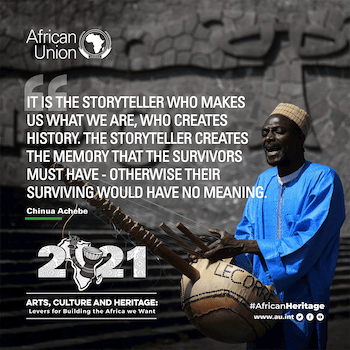Every July 18 since 2009 is celebrated globally as Nelson Mandela Day to recognize the immense contributions of the former South African President to fostering social justice, racial and gender equity as well as socio-cultural development in South Africa and across the continent.
The annual commemoration of the day which falls on Nelson Mandela’s birthday aims at igniting action from individuals, communities, and organizations towards a common good, but also presents a wonderful opportunity to review the impact of the former South African statesman.
Nelson Mandela was a multifaceted figure, mostly remembered globally for combatting social injustices and inequality. He is credited in the African sports fraternity for giving a bigger dimension to the role of sports in fostering peace, bringing communities together, and fighting injustices.
Having engaged in sports in his teenage years, taking to the tracks as a long-distance runner and to the ring as a boxer, “Madiba” as Mandela is often referred to, understood the impact of sports in changing mentalities and in papering the cracks visible within communities.
Between 25th May -24th June 1995, South Africa hosted the third Rugby World Cup, and Nelson Mandela, who had been president of the nation for barely a year, set in motion his plan of uniting South Africa through sports. Rugby, for decades before that, had been a source of discord amongst South Africans. Cherished by the white minority and vilified by the black majority, it would take clairvoyance to use the game to bring the communities together. With Chester Williams, a black player, featuring for the “Springboks” as South Africa’s rugby team is christened and with the side playing under the slogan “One Team, One Country”, interest around the team mounted. When South Africa defeated New Zealand in the final, the sight of President Mandela handing the Ellis Webber trophy to South Africa’s captain Francois Pienaar while wearing the Springbok jersey and cap forever tweaked perceptions around the sport.
The 1996 Africa Cup of Nations hosted and won by South Africa was another major avenue via which Mandela stressed the role of sports of not only bringing together communities but also ushering in socio-economic development with the construction of sporting infrastructure and connecting facilities. Football was fancied by the black majority and with a team made up of both white and black players, South Africa won its first and only continental crown.
Undoubtedly, South Africa’s 2010 World Cup bid received a major boost with the involvement of Nelson Mandela. The CEO of South Africa’s 2010 World Cup bid committee Danny Jordaan stressed that Madiba’s impact was evident, “It is thanks to Mandela that the world could finally trust us to deliver this event at a world-class level. He gave us momentum and self-belief that we could achieve what many thought was impossible”.
Nelson Mandela summarized his perception of the multidimensional role of sports at the inaugural Laureus World Sports Award when he declared, “Sport has the power to change the world. It has the power to inspire. It has the power to unite people in a way that little else does. It speaks to youth in a language they understand. Sport can create hope where once there was only despair. It is more powerful than the government in breaking down racial barriers.”
Today across Africa, the concepts of sports for peace & development, sports & health, sports and gender equality alongside other concepts, recognize and embrace the power of sports in influencing behaviors and setting new trends. The values inherent in sports have become essential for the proper functioning and prosperity of several societies.
Today, sports are often adopted by several organizations in conflict resolution processes and sports have the potential to offer a safe ground to exercise (if safeguarding standards are implemented) and exchange ideas together. The significant grounds it’s gained in recent times across the continent align with Nelson Mandela’s vision, one that revolved around the power of sports to change the world and unite people from diverse backgrounds. The pursuit of this trend cemented Mandela’s legacy as the one who projected the sports for peace as well as sports for development concepts to a higher realm.
